

Cleanliness 101: Teach Your Kids About Proper Hygiene
Kids love playing indoors and outdoors. And as they play, they can touch different surfaces where germs lurk. Parents like you will not always be around at all times, especially when they are busy at work and the kids are in their school in...
Read More ›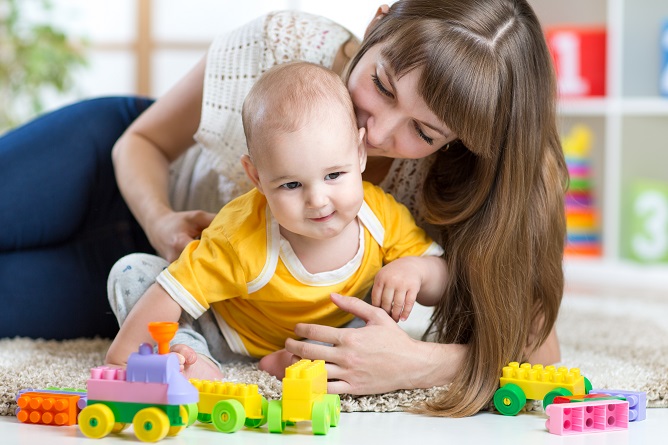
Infant Development and Engagement by Parents
Watching the first step, first smile, or first word is a great experience and milestone for both the parents and their baby. During their first year, they try to explore and learn about their surroundings through their five basic senses: sight,...
Read More ›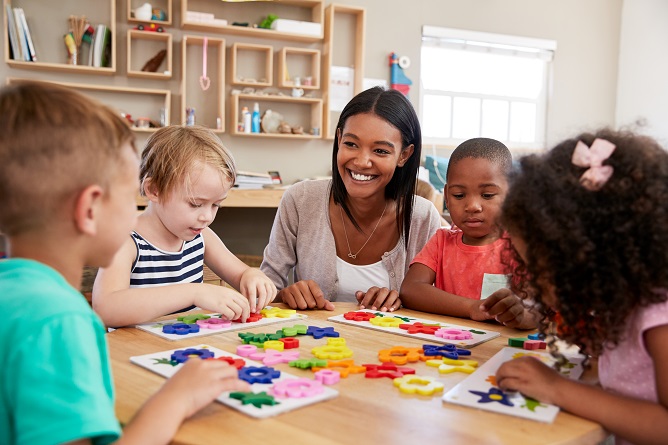
Here’s Why You Should Send Your Child to Preschool
As children grow, they become more curious about their surroundings and their eagerness to learn is overflowing. They would ask questions about things and explore them on their own. Interactions with their family members and the people around...
Read More ›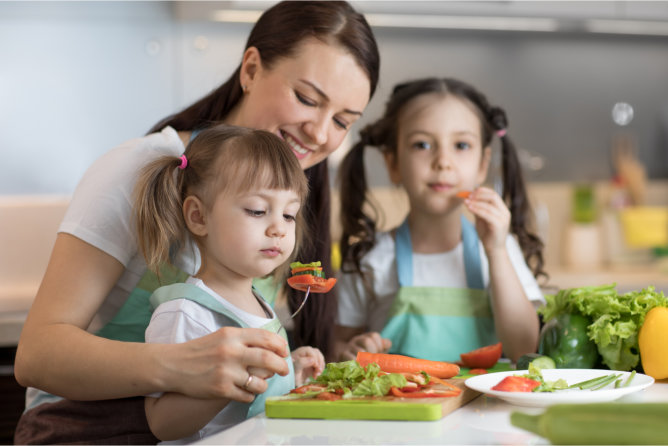
No Appetite? Here’s How to Make Your Picky Eater
Toddlerhood is the stage when children, around age 12 to 36 months old, begin to shift from dependent infants to independent individuals. This is when they begin to show a sense of identity so 'no-saying' or saying 'no' to anything and everything...
Read More ›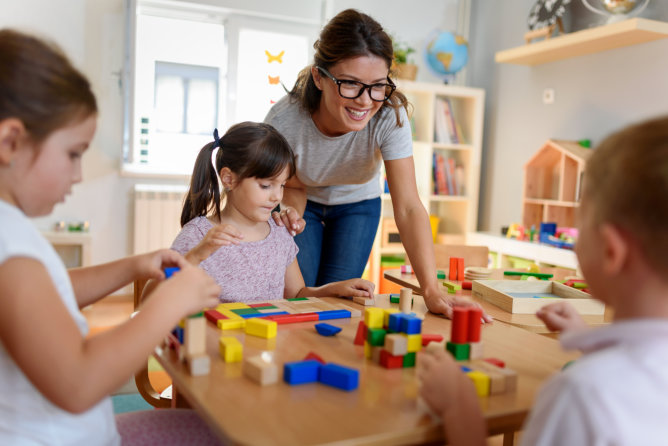
Make Free Play an Essential Part of Your Child’s Day
Like us, our children need to be able to explore and do things on their own to learn. Thus, aside from structured and guided learning, we must make sure that they have time to play on their own terms in what is called 'free play.' Free play is...
Read More ›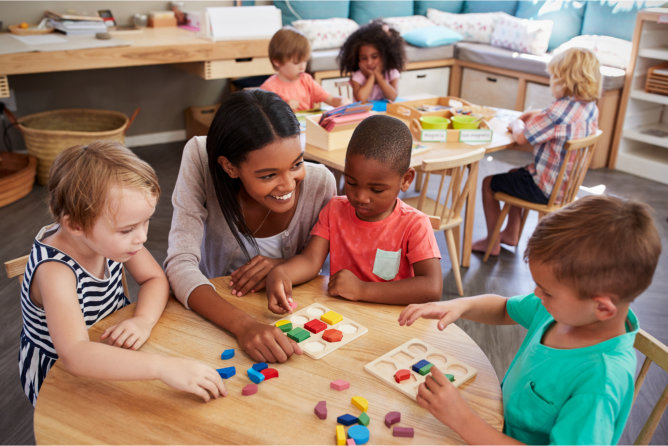
What Is Guide Play: Learning Through Fun
Playing is a vital part of a child’s development. It not only provides them with entertainment, but it also prepares them for various life skills. Here, your little one gets to experience new things, such as social interaction and intrapersonal...
Read More ›



